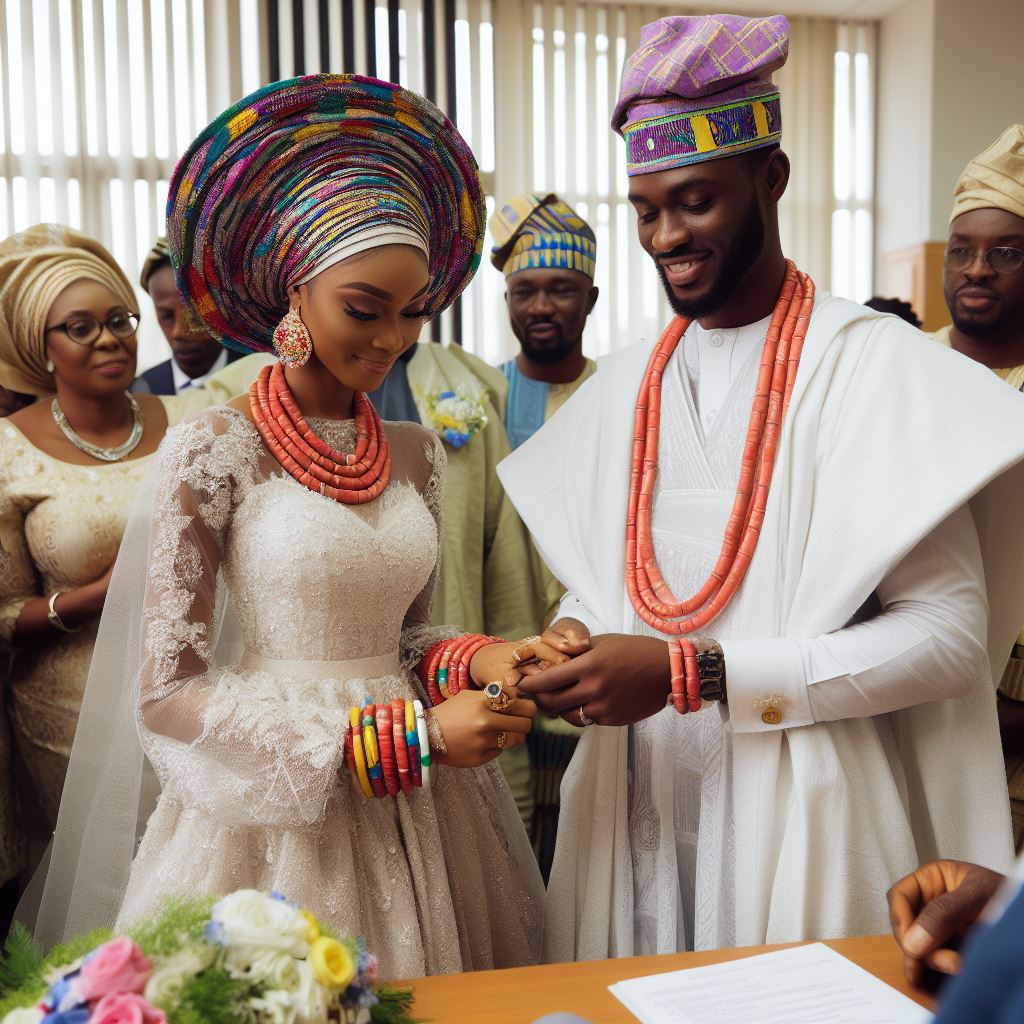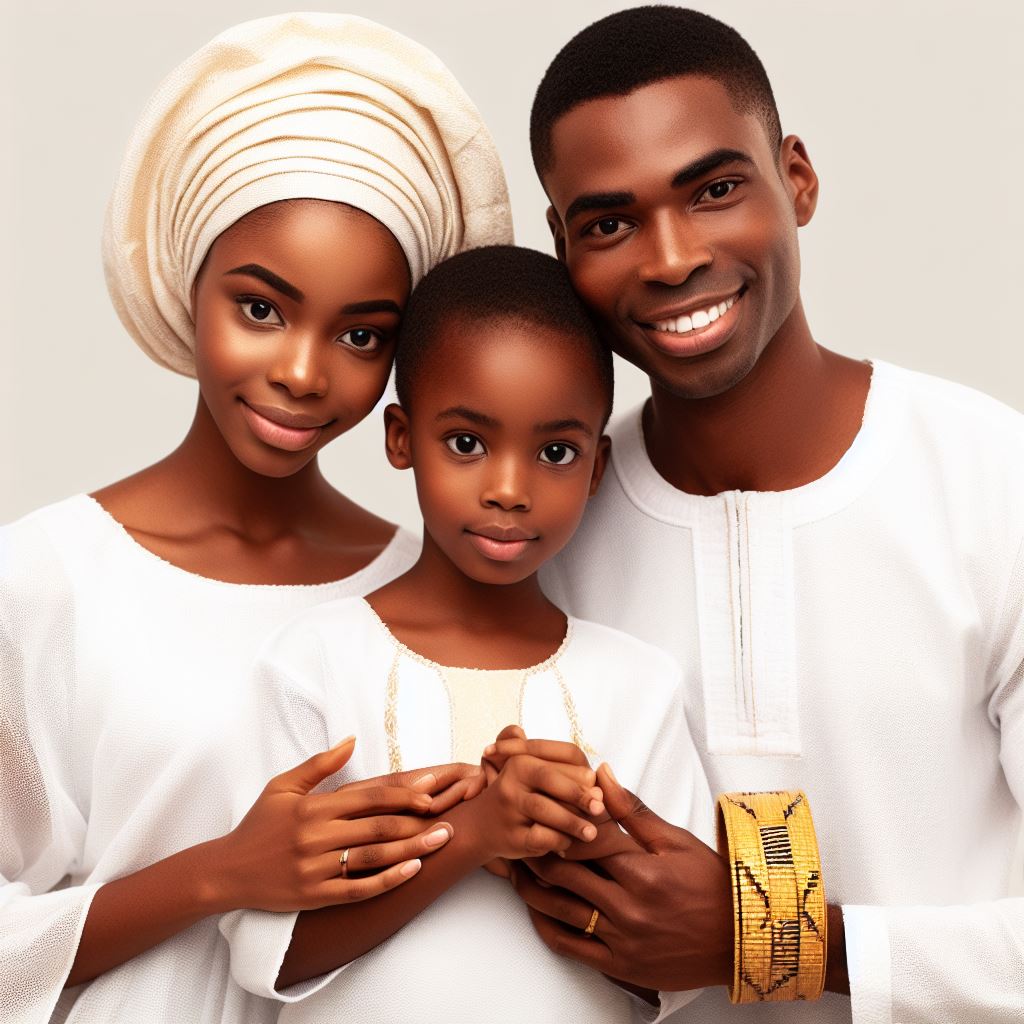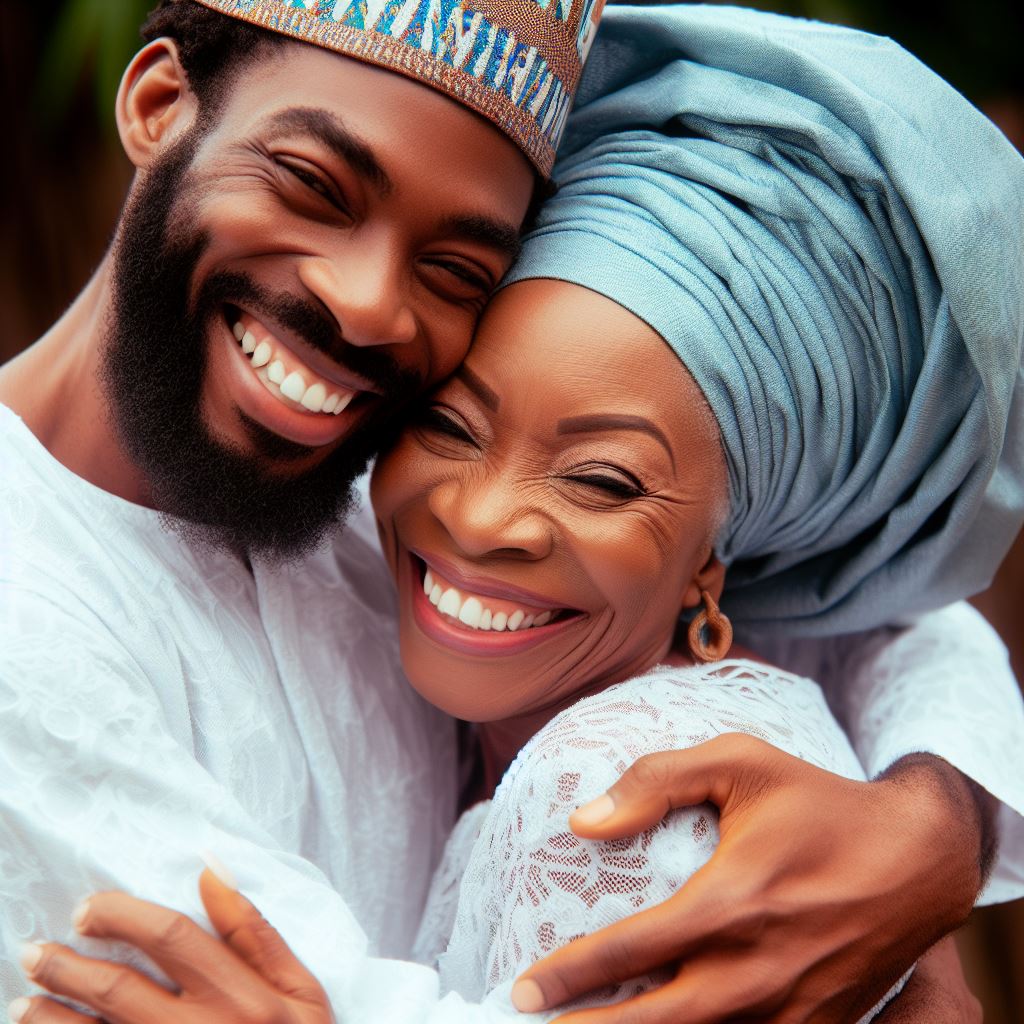Introduction
Brief overview of marriage in Nigeria
Traditional vs Legal Marriages in Nigeria: Marriage in Nigeria has deep cultural and religious significance.
Importance of understanding the differences between traditional and legal marriages
Understanding the differences between traditional and legal marriages is crucial.
Traditional Marriages in Nigeria
In Nigeria, traditional marriages hold a significant cultural value and are deeply rooted in the customs and rituals of the various ethnic groups.
Let’s explore the different aspects of traditional marriages in Nigeria.
Definition and Cultural Significance
- Traditional marriages are important ceremonies that celebrate the union between a man and a woman.
- These marriages carry cultural significance as they uphold the traditions and customs of the various Nigerian tribes.
- They play a vital role in promoting unity, preserving heritage, and passing down cultural values from one generation to another.
- Traditional marriages symbolize the acceptance and integration of a new member into the community.
Pre-marital Customs and Rituals
- Before marriage, couples must undergo several pre-marital customs, which vary across different ethnic groups.
- These customs include the payment of dowry, matchmaking, and traditional engagement ceremonies.
- Dowry serves as a token of appreciation to the bride’s family, symbolizing the groom’s ability to care for their daughter.
- Matchmaking involves the families of the couple coming together to arrange and approve the marriage.
Traditional Marriage Ceremonies and Practices
- Traditional marriage ceremonies are elaborate and colorful affairs, often lasting for several days.
- They involve various rituals such as prayers, blessings, exchanging of gifts, and traditional performances.
- Specific attire and accessories hold cultural significance and are worn by both the bride and groom.
- Traditional dances, music, and food play a crucial role in adding festivity and celebration to the ceremony.
Role of Families and Community in Traditional Marriages
- In traditional marriages, families have a central role in the planning and execution of the wedding.
- The families of the couple provide support, guidance, and financial assistance to ensure a successful wedding.
- Community members actively participate in the ceremonies, offering their blessings, and witnessing the union.
- Traditionally, the entire community comes together to celebrate, reinforcing the sense of belonging and unity.
Basically, traditional marriages in Nigeria encompass various customs, rituals, and practices that hold immense cultural significance.
These marriages not only unite the couple but also strengthen family and community bonds.
By preserving traditions and passing down cultural values, traditional marriages contribute to the rich and diverse heritage of Nigeria.
Read: Anniversary Reflections: Nigeria’s Romantic Traditions
Legal Marriages in Nigeria
Definition and legal framework
- A legal marriage in Nigeria refers to a union recognized and protected by the country’s laws.
- It follows certain legal requirements and procedures to ensure its validity and legitimacy.
- The legal framework governing marriages in Nigeria is primarily based on the Marriage Act.
Requirements and procedures for legal marriages
- Both parties must be of lawful age and capable of giving free consent to the marriage.
- Prior notice of at least 21 days must be given to the marriage registry.
- The intending spouses must obtain and complete the prescribed marriage notice form.
- The couple is required to provide necessary documents including birth certificates and valid identification.
- Two witnesses must be present during the marriage ceremony, along with the official marriage registrar.
- After the solemnization of the marriage, a marriage certificate is issued to the couple.
Role of marriage registry and government authorities
- Marriage registries are responsible for registering legal marriages and maintaining proper records.
- They ensure compliance with the legal requirements and perform the solemnization of marriages.
- Government authorities oversee the functioning of marriage registries and develop policies related to marriage.
Rights and responsibilities of spouses in legal marriages
- Legal marriages provide spouses with certain rights and benefits under the law.
- Spouses have the right to inheritance, joint property ownership, and access to legal protections.
- They share responsibilities such as financial support, fidelity, and mutual care and assistance.
- Legal marriages offer security and legitimacy for children born within the marriage, ensuring their rights.
- In case of marital disputes, legal marriages provide a framework for seeking redress through the courts.
In summary, legal marriages in Nigeria involve fulfilling specific requirements and procedures under the country’s legal framework.
Marriage registries and government authorities play essential roles in ensuring the legitimacy and registration of such marriages.
By entering into a legal marriage, spouses acquire rights and responsibilities recognized and protected by law.
Read: The Complete Guide to Marriage Certificates in Nigeria

Differences between Traditional and Legal Marriages
Recognition and validity
- Traditional marriages are recognized within the community, while legal marriages are recognized by the government.
- Legal marriages require a marriage certificate, while traditional marriages do not have a formal documentation process.
- Legal marriages are considered valid in the eyes of the law, while traditional marriages may not have the same legal standing.
Cultural practices and customs
- Traditional marriages incorporate cultural customs and rituals specific to each ethnic group in Nigeria.
- Legal marriages often follow a more standardized process with fewer cultural practices involved.
- Traditional marriages may involve the payment of bride price, while legal marriages may not have this requirement.
Cost and financial implications
- Legal marriages usually have higher financial implications due to the costs associated with obtaining a marriage certificate.
- Traditional marriages may involve fewer financial expenses, as some costs are shared among family members and the community.
- Legal marriages may require additional expenses for legal procedures and documentation.
Rights and protection of spouses
- Legal marriages provide spouses with legal rights, including inheritance rights, property rights, and spousal support.
- Traditional marriages may not provide the same level of legal protection and rights for spouses.
- Legal marriages offer legal frameworks for divorce, child custody, and alimony, while traditional marriages may lack these protections.
Influence on inheritance and property rights
- Legal marriages ensure that spouses have legal rights to inherit their partner’s property and assets.
- Traditional marriages may not guarantee the same level of inheritance and property rights.
- Legal marriages provide a legal framework to resolve property disputes in case of separation or death, while traditional marriages may not have such provisions.
To summarize, traditional and legal marriages in Nigeria differ in terms of recognition, cultural practices, financial implications, rights and protections of spouses, as well as inheritance and property rights.
While traditional marriages hold significance within the community, legal marriages provide legal and societal recognition with more comprehensive legal protections and rights for spouses.
Read: Igbo Anniversary Messages: Blending Love & Culture
Cultural Factors Influencing Marriage Choices in Nigeria
Importance of Family and Community Approval
- In Nigeria, marriage is not just a union between two individuals; it is a joining of families.
- Family and community approval play a crucial role in deciding who one is allowed to marry.
- Traditional marriages require seeking the consent and blessings of both families involved.
- Family members and community elders often have the final say in marriage decisions.
Influence of Religion and Ethnic Diversity
- Religion and ethnicity heavily influence marriage choices in Nigeria.
- Interfaith marriages can be frowned upon due to religious differences and potential conflicts.
- Many Nigerians prefer to marry within their own ethnic groups to maintain cultural unity.
- Inter-ethnic marriages may face challenges such as language barriers and cultural clashes.
Socio-economic Factors and Educational Attainment
- Socio-economic factors, such as wealth and social status, can impact marriage choices in Nigeria.
- Families may encourage their children to marry individuals from well-established families.
- Educational attainment also plays a significant role in marriage preferences.
- Highly educated individuals may seek partners with similar educational backgrounds.
Changing Attitudes towards Traditional and Legal Marriages
- Attitudes towards traditional and legal marriages are gradually changing in Nigeria.
- Traditionally, traditional marriages were deemed more acceptable and desirable.
- However, legal marriages are gaining popularity, especially among the younger generation.
- Legal marriages provide legal protections and recognition, appealing to those seeking modernity.
In essence, cultural factors heavily influence marriage choices in Nigeria.
The importance of family and community approval, the influence of religion and ethnic diversity, socio-economic factors, and changing attitudes towards traditional and legal marriages all contribute to the complexity of marriage decisions in the country.
Understanding these cultural factors is crucial in comprehending the dynamics of Nigerian marriages.
Read: 50 Touching Yoruba Phrases for Your Anniversary
Conclusion
Recap of the main differences between traditional and legal marriages in Nigeria
- Traditional marriages are based on cultural and customary practices, while legal marriages are recognized by the law.
- Traditional marriages involve the payment of bride price, while legal marriages require the signing of legal documents.
- Traditional marriages prioritize the involvement of families and communities, while legal marriages prioritize the legality and protection of rights.
Importance of respecting and recognizing both types of marriages
Respecting and recognizing both traditional and legal marriages is crucial for promoting cultural diversity and preserving Nigeria’s rich cultural heritage.
Encouragement for readers to learn more and support cultural diversity in Nigeria’s marital practices
By learning more about Nigeria’s diverse marital practices and supporting cultural diversity, we can foster understanding, tolerance, and unity among its people.




